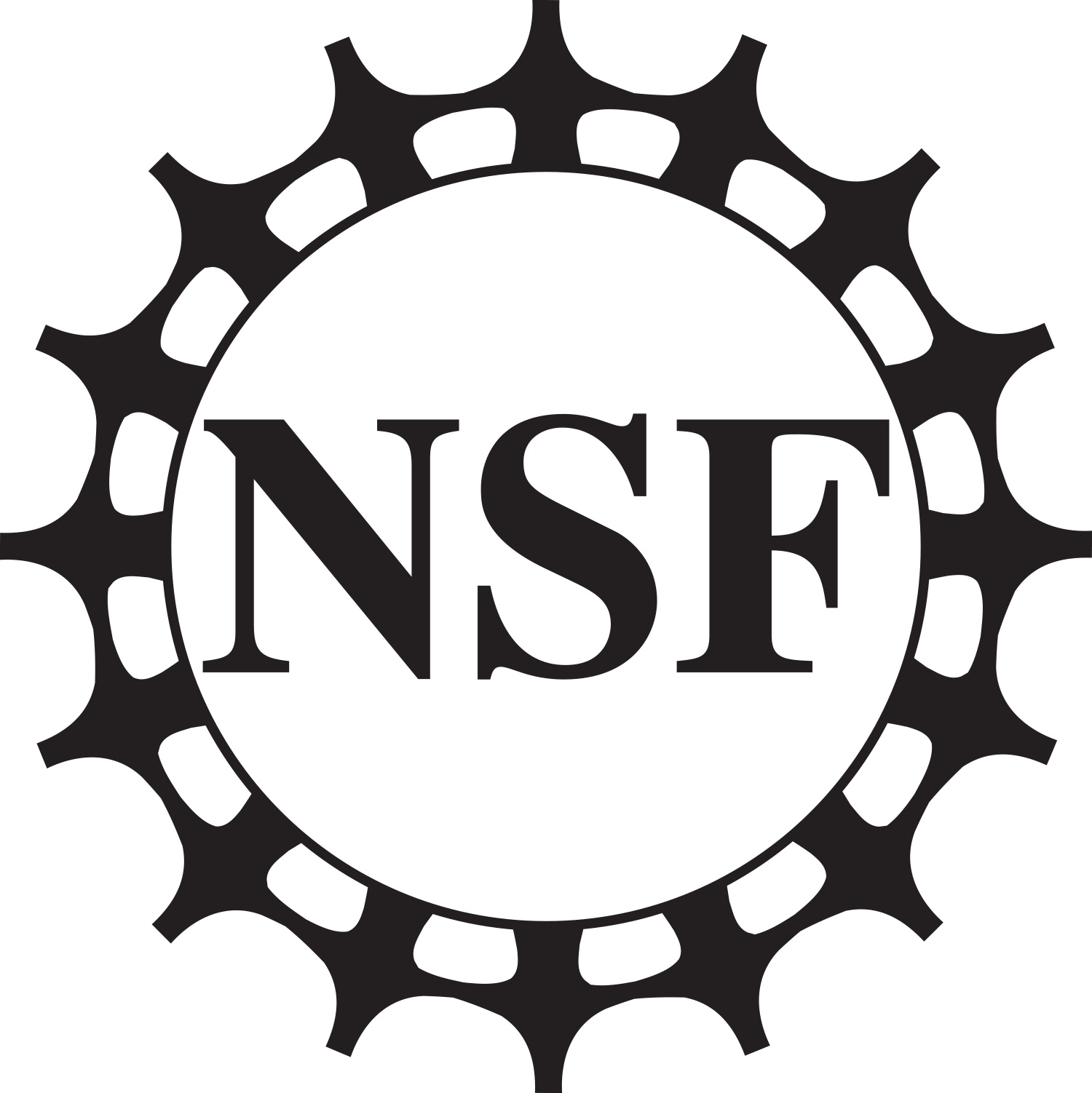Multi-Occupation in Engineering & Technology (MOET)
Program Overview
Use your military training or industry experience to earn a degree at South Seattle College! We offer a Multi-Occupational Engineering & Technology (MOET) AAS-T degree that is a great fit for active U.S. military service member, veterans, as well as working adults without a degree.
The MOET program allows students to earn a degree in as little as six months. It eliminates barriers that previously prevented South Seattle College from recognizing military or workplace experience and training in science, technology, engineering or math (STEM).
Instruction is provided online with the opportunity for in-person support from experienced instructors with backgrounds in industry. Classes are designed to be compatible with full-time work and family obligations.
The MOET program provides the opportunity for students to recognize formal training or certificates into academic credit. No other program offers a flexible, accelerated degree pathway for working adults with STEM experience.
View a sample schedule and quarterly to-do list
This program offers a faster track to earning a degree and preparing students for careers in STEM (science, technology, engineering, and math).
- Designed to prepare students with new or advanced credentials while reducing time and cost by up to a year.
- Capitalizes on your military or professional work experience and training by providing college credit for that experience and training.
- Veterans can take advantage of STEM skills they already have.
- Gives working students the flexibility to grow their skills while working in their current field.
- Each aspect of the MOET program is designed to elevate career opportunities and earning potential in an increasingly tech-focused job market.
- Choose from online, in-person or hybrid classes offered at times and locations that can support a full or part-time work.
- Prepares graduates for employment and promotion in STEM fields, as well as entry into engineering and technology related Bachelor of Applied Science (BAS) degree programs at Seattle Colleges and universities that have articulation agreements with Seattle Colleges.
How the MOET Program Works
After applying, your military or industry work experience and technical training will be evaluated for college credit equivalency. Then, you’ll need to complete 25 general education credits to receive a MOET Associate Degree (AAS-T). In addition to general education requirements, you will learn skills in critical thinking, quantitative analysis, written composition, and effective presentation skills. You will be able to demonstrate both applied and theoretical knowledge related to engineering and technology, and the value of teamwork and diversity.
Degree Requirements:
Credits are earned by creating a portfolio of your relevant work experience that documents what you learned through that experience.
Military or Work Experience
Documentation Types:
- Letter from employer(s)
- Resume
- Military – DD214
Military or Work Training/Courses
Documentation Types:
- Military - JST
- Industry Certifications
- Industry/Corporate Education
- Continuing Education
- Technical college courses
Credits are earned by documenting the courses/certifications/hours of training you received.
MOET 201 - Occupational Safety/Health - 6 to 15 credits awarded by *crosswalk of industry/military training
MOET 202 - Engineering & Technology - 6 to 15 credits awarded by crosswalk of industry/military training
MOET 203 - Operations and Management - 6 to 15 credits awarded by crosswalk of industry/military training
*Crosswalk is a term used to evaluate training to qualify for college credit.
Can be fulfilled by prior college courses through transcript evaluation.
- ENGL&101
- MATH&107
- CMST&220
- PSYC&100 or SOC&101
- Natural World
Five modules, one credit each. Taken online over at least two quarters.
Course covers:
- Portfolio preparation
- Digital literacy and intro to online learning management system (Canvas)
- Success at South Seattle College for working adults
- Resources for classroom success
- Career pathways and development in engineering & technology
The course focuses on field experience and a hands-on project related to sustainable technology
Program Cost for Academic Year 20-21:
Work experience prior learning assessment: $40/credit x 20 credits = $900
Coursework: No charge for 36 credits
General Education: Five, 5 credit courses - $2,826
MOET 101: Five credits - $565
MOET 210: Four credits - $452
Total: $4,743
*May be less depending on:
- Number of general education credits that can be transferred in from college transcripts
- Number of credits taken each quarter (after 10 credits, cost per credit is lower)
- Veteran status, lower tuition rate
Program Offerings
MOET paves the way to college success through a series of classes designed to prepare students to excel in their education. An introductory course that can be taken over one or two quarters provides active learning on topics including:
- Digital literacy
- Classroom and college success and resources
- Career pathways and development in engineering and technology
Students work with experienced faculty to develop a Portfolio that documents their work and training history and positions them to maximize available College credits. A team-based hands-on project caps the MOET learning experience.
Why Choose South?
- South understands the value of military and industry experience and has created this degree to grant credit for that experience.
- South is a Veteran Supportive Campus and has an on-campus veteran student center and student veteran association. Program is eligible for VA funding.
- Not only does the program prepare students for employment and promotion in STEM fields, but also to transfer into the Sustainable Building Science Technology BAS degree at South Seattle Colleges, the Information Technology Management BAS at Central Washington University and may transfer to other BAS programs state-wide on a case-by-case basis.
 This project is supported by the National Science Foundation under Grant No. 1800937. Any opinions, findings, and conclusions or recommendations expressed on this site are those of the authors and do not necessarily reflect the views of the National Science Foundation.
This project is supported by the National Science Foundation under Grant No. 1800937. Any opinions, findings, and conclusions or recommendations expressed on this site are those of the authors and do not necessarily reflect the views of the National Science Foundation.